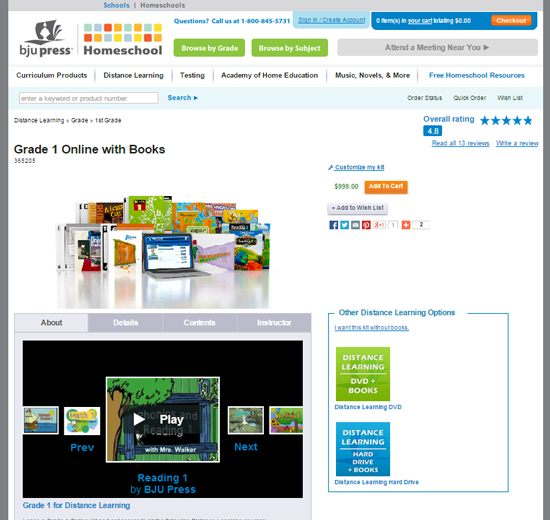
As a mom, you’re always looking towards the future, thinking about the timetable of the next twenty years. Traditionally, kids are expected to be done with high school at 18, done with college at 22, finished with the master’s degree at 23, done with the doctorate at 26. We all know that the perfect timetable is just a general guideline, not a hard-and-fast rule that can be applied to everyone. Some children take more time to complete certain grades or phases of school. For others, education can be accelerated. Have you thought about encouraging your child to finish with college in just three years? Discover some ways that you can help your young adult move through those years of higher learning more swiftly.
Advanced Placement
With Advanced Placement (AP), a high school student can take a course and receive college credit. After the course is complete, your teen takes a standardized AP exam, administered by the College Board organization, to verify that he has done college-level work. Check the AP website for more information about exams in areas such as science, math, English language and literature, foreign languages, social studies, and fine arts. Under each of those categories, you’ll find exams for specific subjects, like biology or computer science.
College-Level Examination Program
The College-Level Examination Program (CLEP) is similar to AP, except that your teen doesn’t have to take a course. This type of standardized exam gauges proficiency. Basically, if your student already excels in a particular subject, he or she doesn’t need to study that same material again at the college level. CLEP exams are available in all the subjects for which AP is available, plus several others such as accounting, marketing, and management. Visit the College Board website for more information.
Summer School
Summer school is a popular way of shortening a student’s time in college. Students stay around on campus after the school year ends to continue their education over the summer. Since the cost for summer courses is usually lower than those taken during the school year, this is a great way to save money on tuition, room, and board.
Online Courses
Many colleges and universities offer distance-learning courses. Not all courses are available in this form, of course, but your student may be able to check off several classes by completing them remotely from home. Plus, taking courses online typically allows schedule flexibility so that your student can keep working on his education while still earning money from a summer job.
Considerations of Maturity and Responsibility
Before you encourage your teenager or young adult to pursue summer school, online courses, CLEP exams, or AP classes, consider a few important factors. Maybe your son or daughter has the intellectual prowess to churn through college at a faster rate, but does she have the emotional maturity to handle the extra pressure? Does he have the mental maturity to really take in what he is learning and benefit from it, or is he becoming burned out? Sometimes, a teenager may simply be too young to handle the rigors of an accelerated schedule, and that’s okay. Young adults develop at different rates. In fact, older college students tend to take learning much more seriously than the younger ones. They often apply themselves more diligently and spend less time on other pursuits.
Colleges and universities are about learning, but there are also extracurricular activities involved. Students who accelerate through high school and arrive at college at age 15 or 16 may have limited opportunities for certain sports or other team activities because they’re simply too young, too inexperienced, or not as strong and tall as the older students. This issue is not an insurmountable roadblock to the idea of accelerated education, but it is something to consider.
Young people in America today have lots of options, and accelerating college is just one of many. For some teens or young adults, it may be wiser to take life more slowly and to mature gradually, both intellectually and emotionally. For others, moving quickly through college may be ideal—the right way to begin a life of glory to God and service to others.
• • • • •
Rebecca is a work-at-home freelance writer, novelist, wife, and the mom of two bright-eyed little ones. She credits her success in writing and her love of books to her own mom, who homeschooled three kids from pre-K through high school.

